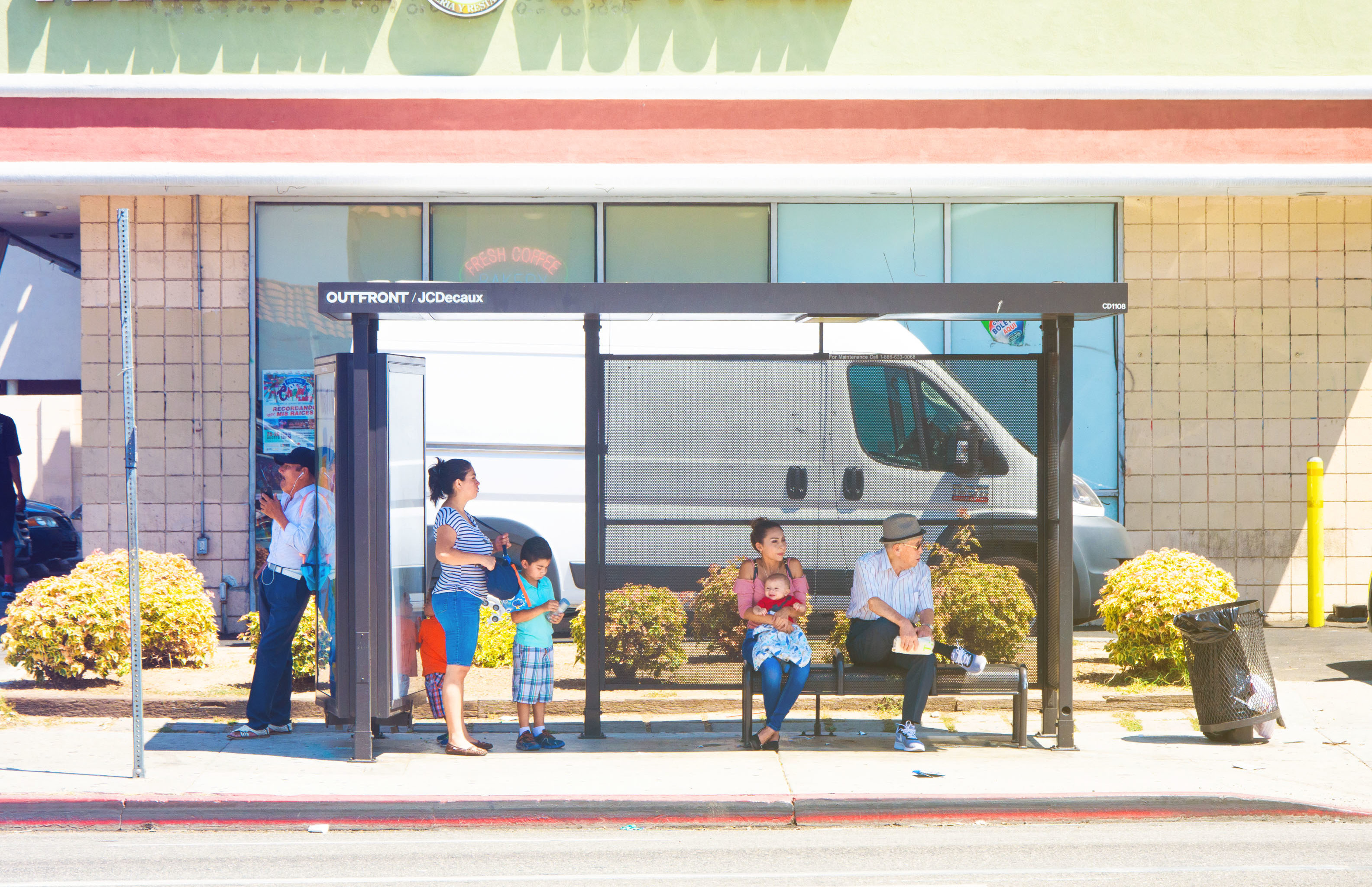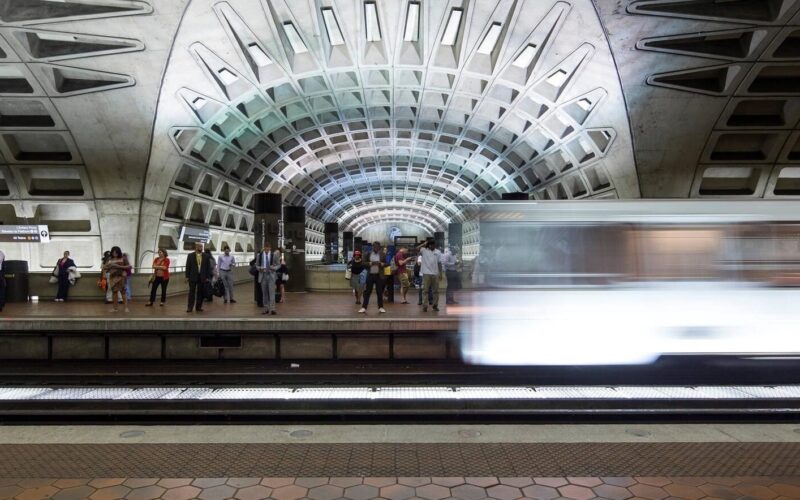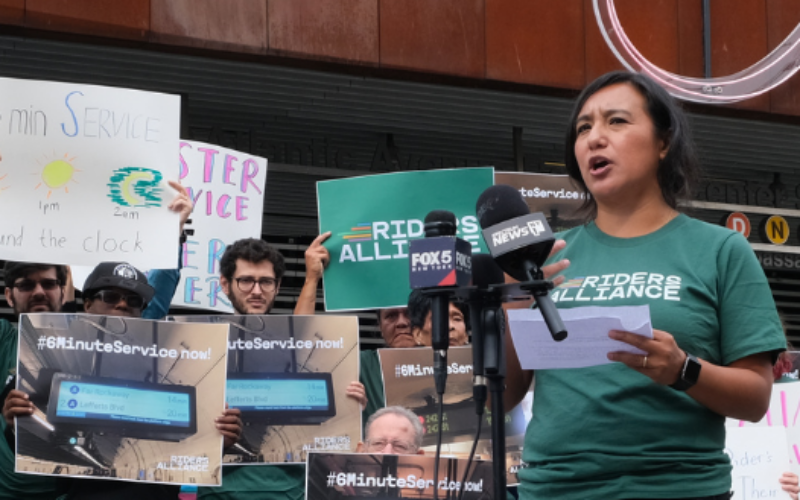
The Center for Neighborhood Technology (CNT) built the first iteration of their AllTransit™ platform as an internal resource before realizing it could provide huge value to others. With TransitCenter’s support, CNT expanded the public tool’s database to cover all US metropolitan areas with more than 100,000 people. That’s 805 transit agencies; 15,000 routes; and more than 543,000 transit stops in all.
Most importantly, CNT has used this incredible dataset to analyze the key societal outcomes that public transportation enables by presenting insights that people care about. Advocates, politicians, media, and business-people alike will gain a valuable and more nuanced understanding of the impacts that transit has in their communities today by exploring what AllTransit has to offer — or by working directly with CNT to create a customized local analysis built on a foundation of the nation’s most robust transit dataset. Read the press release and factsheet for more background — but exploring the tool first-hand is the best way to learn more.
 On the Brink: Will WMATA’s Progress Be Erased by 2024?
On the Brink: Will WMATA’s Progress Be Erased by 2024?
The experience of being a WMATA rider has substantially improved over the last 18 months, thanks to changes the agency has made like adding off-peak service and simplifying fares. Things are about to get even better with the launch of all-door boarding later this fall, overnight bus service on some lines starting in December, and an ambitious plan to redesign the Metrobus network. But all of this could go away by July 1, 2024.
Read More Built to Win: Riders Alliance Campaign Secures Funding for More Frequent Subway Service
Built to Win: Riders Alliance Campaign Secures Funding for More Frequent Subway Service
Thanks to Riders' Alliance successful #6MinuteService campaign, New York City subway riders will enjoy more frequent service on nights and weekends, starting this summer. In this post, we chronicle the group's winning strategies and tactics.
Read More